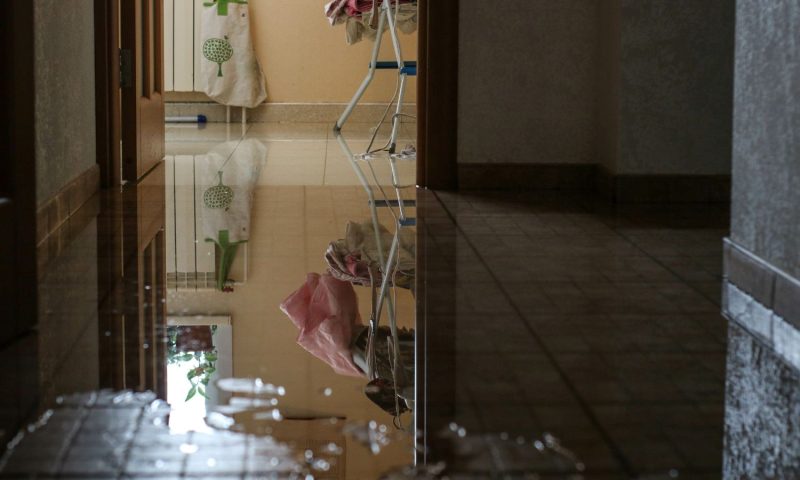When flooding occurs, it is essential to act swiftly, but you must also react smartly. Learn what you shouldn’t do when facing a flooded home.
Discovering a flooded area in your home is an alarming situation. It escalates into a disaster and could send a household into a frenzy, leading to several mistakes. Learn what not to do when encountering flooding in your home so that you can take steps to recover your property and stay safe.
Ignoring Safety Precautions
The main thing to do is prioritize safety for you and your family. Those who ignore safety precautions risk health hazards if they touch the water with their bare hands and feet. Ensuring you and your family wear proper footwear will protect everyone from unwanted infections and illnesses. Rubber gloves and boots are the best gear to invest in when wading through flooded areas. Additionally, it is essential to leave all electrical devices off in the affected area to avoid electrocution hazards. But remember to stay away from areas with exposed electrical wires.
Delaying Your Response
Time is fragile in flooding situations. The longer one waits to respond, the worse it can get—mold growth and home structural damage increases, for example. When you find a problem, act swiftly by removing excess water and starting the drying process. Contact a professional water damage restoration service if you feel overwhelmed or the damage is beyond simple fixes.
Using Inappropriate Equipment
Amateur attempts to resolve a flooded area often bring more harm than good. Avoid using standard vacuum cleaners, as they are not suitable for taking in large volumes of water and could experience dangerous electrical malfunctions. Instead, promptly seek help from professionals with expertise in addressing water damage problems.
Discarding Affected Items Prematurely
While it’s true that water-damaged items can pose higher health risks, not everything needs to go into the garbage. Figure out which items you can salvage or restore, whether irreplaceable family heirlooms or expensive furniture. Assessing the significance and cost-effectiveness of saving certain belongings before discarding them is crucial.
Not Preparing for the Future
Another critical mistake homeowners often make is not preparing for the future. While addressing the immediate flooding situation is essential, it’s equally important to consider preventative measures. Failing to invest in preventative flood water damage equipment, such as sump pumps, dehumidifiers and waterproof materials for your home, can lead to recurring flooding problems. These tools mitigate the potential of water damage and lessen the costs of subsequent repairs and replacements.
Dealing with flooding in your home can be overwhelming, but understanding what not to do is vital in optimizing your response and minimizing damage. Follow these guidelines to protect your family and home during a flooding situation.
